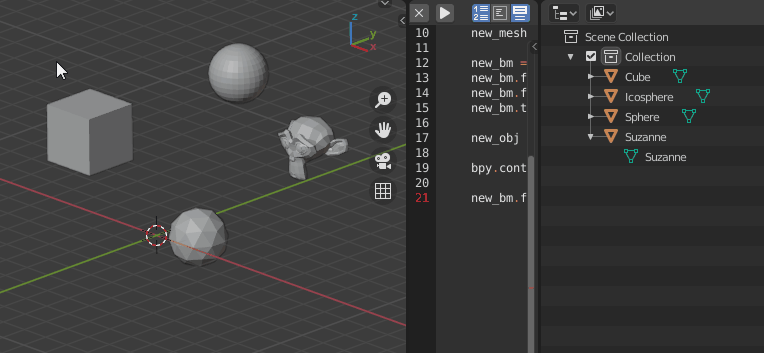I have a total of 7 objects with the 'Cube' as my active object -
'Cube', 'Camera', 'Light', 'A', 'B', 'C', 'D'
My main objective is to join A, B, C, D between them and create new objects. It is more like a combination problem. Thus, I will have six NEW joined objects along with the previous 7.
AB, AC, AD, BC, BD, CD
I am getting the objects of my interests by the following way
obs = [e for e in bpy.data.objects if e.type == 'MESH' and e != bpy.data.objects['Cube']]
# deselect every active object first
bpy.ops.object.select_all(action='DESELECT')
Now I have the objects and every active object deselected, how can I join two objects at a time without deleting or joining on the original objects?
Blender Version: 2.83


